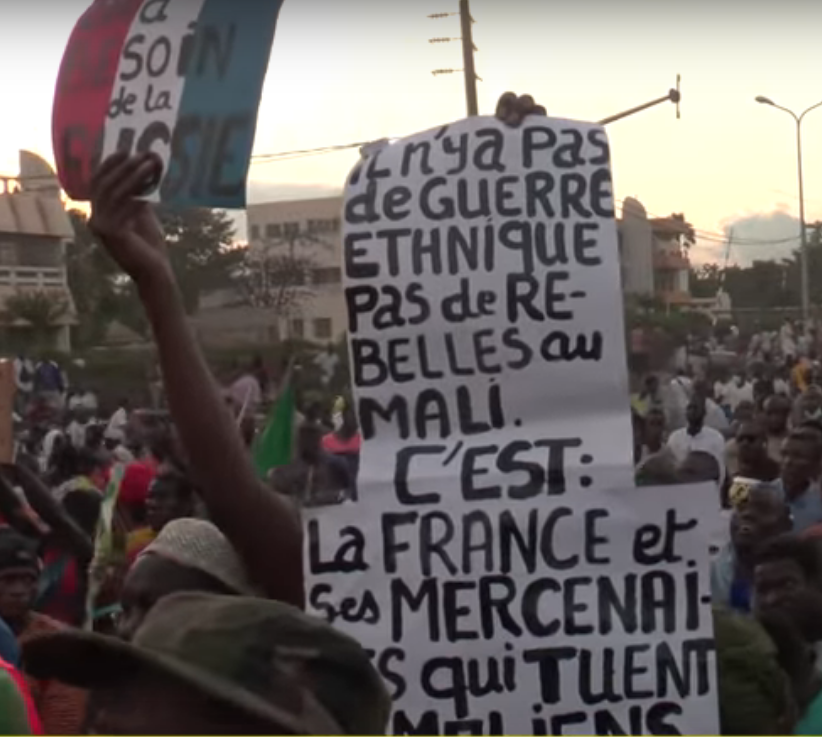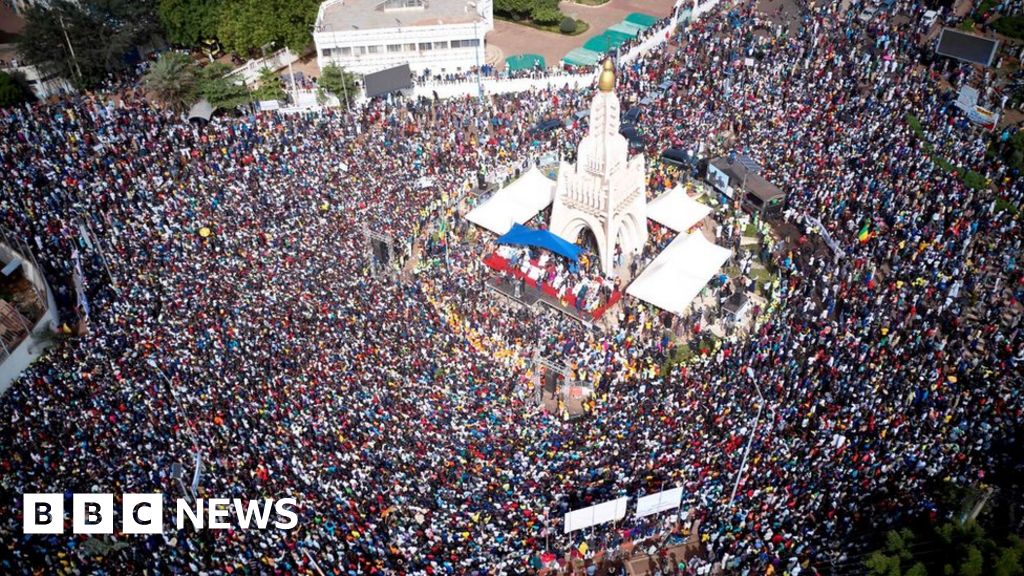To give you a rough idea of the importance of taxis to my life whenever I’m in Bamako, let me offer one number. In the field notes written during my last research trip–a three-week visit to conclude a decade-long study of urban marriage and polygamy trends–the word “taxi” appears 28 times. That’s more often than the name of my wife who accompanied me, more often than “marriage” or “polygamy,” and nearly as often as “Bamako.”
I didn’t always spend so much time in taxis. Back in the 1990s and early 2000s, I got around Bamako mainly on public transportation (SOTRAMA, sometimes bâché), which was and remains far cheaper. Then two things changed. First, I landed a faculty position with a reliable salary, and soon certain luxuries became “necessities.” Second, I started visiting Mali with my wife and children, and taxis made more sense.
I’ve since grown accustomed to hailing Bamako’s taxicabs and developed deep respect for the men who drive them. (I’ve read about Bamakoises in the job but never met one.) They do a demanding job with skill and panache.
Driving a cab is nowhere for the faint of heart, least of all in crowded cities like Bamako. It takes boldness for a taxi driver to insert his vehicle into narrow spaces in busy traffic, to thread a path safely between slow-moving pushcarts and tricycle taxis on both sides, swerving onto the shoulder when the need arises, holding his own against swarms of motorcyclists and corrupt policemen.
Being a Bamako cabbie also takes encyclopedic knowledge of the streets and neighborhoods of a city home to over three million people. This knowledge is normally acquired, mind you, without recourse to GPS, Waze, maps, or even street names (which exist only for main thoroughfares like Avenue Al Quds, better known as Kulikoro sira or “Koulikoro road”). I have yet to see a Bamako cabbie consult a map or digital device to check his route. Drivers’ understanding of urban space is relational, based on landmarks and a keen awareness of how their city’s many spatial pieces fit together.
In setting out, therefore, you must tell your driver the name of your destination neighborhood, then one or more reference points (e.g. “Just past the Shell station” or “Before you get to the Gendarmerie”). Given such minimal information, most drivers know immediately where to go. Should the need arise, you can always call up someone at your destination and hand your phone to the driver for further explanation.
But it’s not enough to know the route: a good cabbie can predict the fastest route, and that depends on time of day and day of the week. Any taximan worth his fare knows that traffic jams will form around municipal government offices on Sundays, for instance, because that’s where and when many weddings take place. He plots his route accordingly–again, without checking his phone. He knows when certain roads and bridges switch from one-way to two-way traffic and back (to accommodate weekday rush hours). He knows shortcuts down residential streets that bypass clogged avenues.
Along with raw distance and dynamic traffic patterns, a good cabbie must know the condition of the roadways themselves. Driving one kilometer down a badly potholed laterite street might cost him more, in travel time and vehicle wear, than driving two kilometers down a more circuitous but smoother route.
Since Bamako taxis lack meters, you have to agree on a fare at the outset. In calculating the amount, a driver needs to process all the variables mentioned above, plus the odds of picking up more passengers after (sometimes while) bringing you to your destination. He must also estimate your ability to pay his proposed fare. The mathematical and psychological profiling skills required are astoundingly complex. I won’t even mention the mechanical prowess needed to keep a beat-up sedan going day after day after day.
Perhaps a cabbie’s greatest asset, though, is sociability, and I’ve found Bamako taxi drivers extraordinarily outgoing. Every cab ride is an opportunity to learn something about the city and its inhabitants. Among the cabbies I’ve chatted up over the years, one named Lassine spent eight days adrift in a small boat trying to reach the Canary Islands. Near the university one day in 2010, I hailed a taxi driven by Bakary, a former long-haul trucker married to three wives; two years later, after I had made regular trips in his battered yellow Mercedes 190D over two fieldwork stints, he helped me recruit a focus group of polygamous husbands whose input was key to my forthcoming book. Bakary is retired now, but we’re still in touch.
I got a ride in 2020 from Samba, who spoke of his passion for American country music and waxed poetic about Don Williams, whose CD he’d lost and sorely missed. “When Don sings, you can hear all the pain in his voice,” Samba said. (Me: Does he mean the Texan who topped the 1980 pop charts with the sappy ballad “I Believe in You“? I resolved to bring Samba some Sturgill Simpson on my next visit. Talk about singing one’s pain!)
There must be unpleasant cabbies in the city, I just can’t recall meeting any–and I usually recall such things. So if you can speak some French or Bambara, if you are not barred by your employer from riding in taxis for security reasons (sorry, US embassy personnel!), and if you’re looking for a Bamako taximan, I can put you in touch with a few good ones.
(Don’t let the expense put you off: by comparison to transportation in most cities around the world, Bamako taxis are cheap. A trip across town, e.g. from Sotuba to Heremakono, cost me 5000 CFA francs in 2020, or about US$10. Always ask the driver in advance if he can make change. As for material comfort, well, you get what you pay for—see backseat view below.)

Got a good Bamako taxi story? Please leave it in the comments section below.















.jpg)




